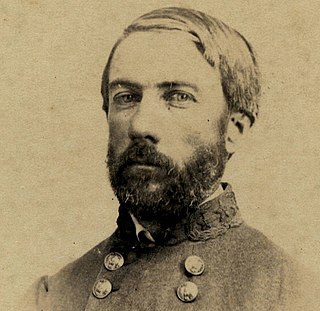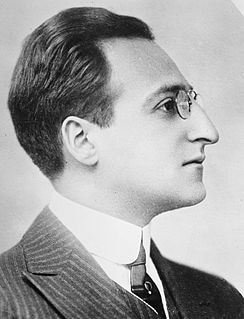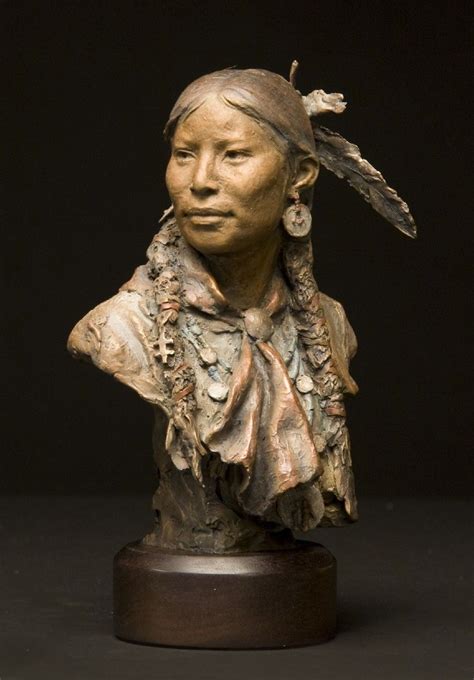A Quote by Jefferson Davis
Your little army, derided for its want of arms, derided for its lack of all the essential material of war, has met the grand army of the enemy, routed it at every point, and now it flies, inglorious in retreat before our victorious columns. We have taught them a lesson in their invasion of the sacred soil of Virginia.
Related Quotes
Always mystify, mislead, and surprise the enemy, if possible; and when you strike and overcome him, never let up in the pursuit so long as your men have strength to follow; for an army routed, if hotly pursued, becomes panic-stricken, and can then be destroyed by half their number. The other rule is, never fight against heavy odds, if by any possible maneuvering you can hurl your own force on only a part, and that the weakest part, of your enemy and crush it. Such tactics will win every time, and a small army may thus destroy a large one in detail, and repeated victory will make it invincible.
There are three ways in which a ruler can bring misfortune on his army: By commanding the army to advance or to retreat, being ignorant of the fact that it cannot obey. This is called hobbling the army. By attempting to govern an army in the same way as he administers a kingdom, being ignorant of the conditions which obtain in an army. This causes restlessness in the soldier's minds. By employing the officers of his army without discrimination, through ignorance of the military principle of adaptation to circumstances. This shakes the confidence of the soldiers.
To all of you I should like to say that in the course of this war you will have to acquire the experience and achieve the success which alone can build up a national tradition for our Army. An army that has no tradition of courage, fearlessness and invincibility cannot hold its own in a struggle with a powerful enemy.
These semi-traitors [Union generals who were not hostile to slavery] must be watched. Let us be careful who become army leaders in the reorganized army at the end of this Rebellion. The man who thinks that the perpetuity of slavery is essential to the existence of the Union, is unfit to be trusted. The deadliest enemy the Union has is slavery - in fact, its only enemy.
There were 315,000 slave owners in the Union Army (with 200,000 in the Confederate Army) and the men who walked away from the Union Army were adamantly opposed to freeing slaves. We cite these facts and recorded statistics to point out that the principal cause of the war was not the issue of slavery.








































